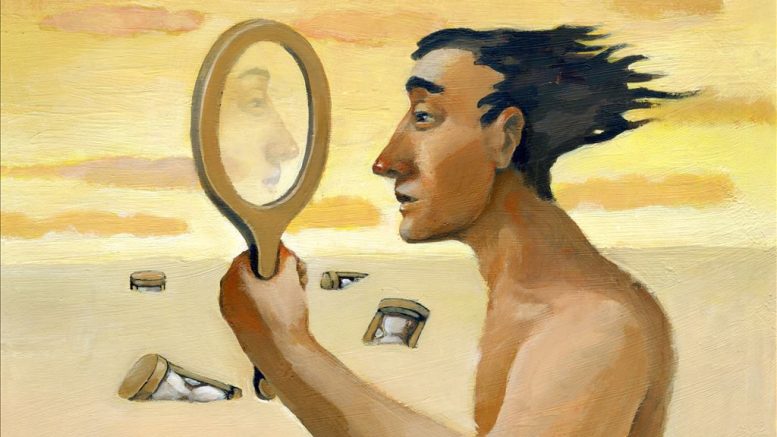Taking the beliefs of others on board, trying them on as a temporary experiment, is the key to understanding their view of the world, writes David Rawlings.
The murderous attacks in Manchester and London have left us all shocked and, later, looking for answers. Many questions bubble up and fill the news media. Who did this? What do they want? What should we do in response? How can we protect ourselves in the future?
There’s a natural instinct to strike back, for revenge and to disable. But I think that there’s also a desire to understand, and not just so that we can better retaliate, but also to restore our models of the world. We have to make sense of senseless acts.
And in the less violent but equally worrying Brexit debate and recent general election in the United Kingdom, whichever side you’re on, you will look at the other side and wonder how they can be so misguided.
I’m immediately reminded of the question that I return to time and again when I see someone doing something that seems to be stupidly inappropriate, ineffective, cruel or self-destructive. The question is: what must the world look like, from inside that person’s head, such that what they just did seemed the best of all possible choices?
You can’t escape the conclusion that no matter how bad the action, the actor believed that it was their best option at that moment. After all, why would they do anything other than the best thing? This insight can really stop you in your tracks. It offers a glimpse into someone else’s world that is so different from your own.
In the case of violent extremists, one explanation of their actions (repeated constantly) is: “they don’t share our values”. Is this necessarily true?
Values are what drive us, and they are individual. In my experience of coaching I’ve found that virtually everyone wants:
- security (to feel safe)
- to feel good about themselves (doing something worthwhile – good for others or being the best)
- to be valued, respected or loved
More abstract, less personal concepts like honesty and justice are probably also universal and are usually the ones people think of first when asked to list their values. The other ones tend to come out when the question asked is, “what is important to you?” And a good working definition of “values” is, “those people, ideas and feelings that are important to you”.
So does this mean that terrorists actually share our values after all? Well, as I said, people come up with more or less the same list of “things that are important to them” regardless of who they are and what they do.
What differs is the order in which they rank them – and this can be changed in the coaching process – but that’s not the key factor that distinguishes individuals. Values, by my definition, aren’t the whole story by any means.
Clustered around your values are your beliefs – the details that harbour the devil.
For example, let’s say that “justice” and “being respected” are really important to me. And if I also believe that justice has to be available for everyone and that respect is earned by my own actions, then I’ll probably say and do things consistent with my identity as a right-thinking, Guardian-reading liberal. I’ll be outraged by violence and unfairness and I’ll tend to look inwards to make sure that my own behaviour is worthy of respect (especially my own).
On the other hand, holding those same values of “justice” and “being respected” it’s quite possible for me to believe – maybe because I’ve been treated unjustly myself – that I don’t need to consider the rights of certain other groups. Why act justly towards people who don’t deserve it? I might also believe that I’ll gain the respect of my closest peers, and indeed of Heaven, by avenging past wrongs.
From each of these perspectives, I’d claim the same values, but the associated beliefs would be irreconcilable.
When you look at the world through someone else’s eyes, it’s their beliefs that will feel the most unfamiliar or uncomfortable. But taking those beliefs on board, trying them on as a temporary experiment, is the key to understanding their view of the world.
Across the left-right divide in politics, statements of position are usually statements of belief. You might have heard some of these recently:
The poor are poor through their own fault
The welfare state is being deliberately dismantled
Wealth trickles down
We all depend on public services and amenities so we should all pay our share.
Beliefs resist change and they trump everything else in defining an individual’s “attitude”. And all of us are intolerant of beliefs we don’t share.
Bertrand Russell summed it up when he said: “If a man is offered a fact which goes against his instincts he will scrutinise it closely, and unless the evidence is overwhelming, he will refuse to believe it. If, on the other hand, he is offered something which affords a reason for acting in accordance to his instincts, he will accept it even on the slightest evidence. The origin of myths is explained in this way”.

 Email: david@changeworkcoaching.com
Email: david@changeworkcoaching.com


